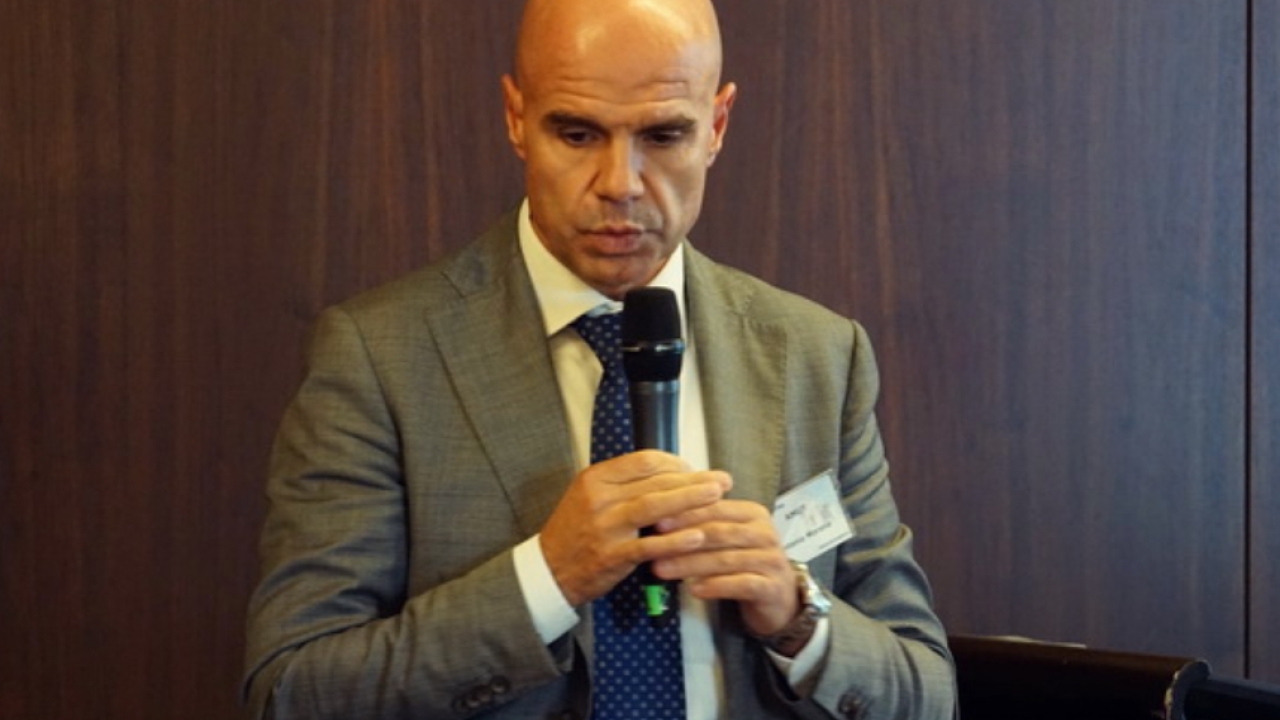Amut addresses waste management in Russia
Amut Ecotech has presented waste collection as a viable option for the Russian market in an address to the Waste Treatment 2018 conference in Moscow.

Held during October last year, Waste Treatment 2018 looked to address growing interest in sorting and recycling of waste in Russia, and production of recycled goods with high added value.
At Waste Treatment 2018, Amut Ecotech sales manager Antonio Morona presented on ‘Waste collection integrated system – advanced sorting and recycling technologies’.
Inventra, the organizer of the Waste Treatment conference, noted that the waste management industry in Russia continues to undergo major changes, including amendments to current legislation: the deadline for introducing the waste disposal ban was set; the definitions for collection and accumulation was made more accurate; and the licensing procedure for class I-IV hazardous waste was simplified. It added that territorial waste management schemes have been approved in almost all regions of the Russian Federation, and the regional operators have been selected and started to work.
Morona said: ‘The opportunities of doing business with Russia are growing due to the important amendments approved to the current legislation in favour of the waste recycling industry. Russia says it wants to process 80 percent of its waste by 2030. It is a good encouragement for us to devote our attention to a country where the landfill and the incinerator are the most popular used method of waste disposal today.’
Morona showed in his speech how waste can be a real resource if properly treated:
- Aluminum can be reused at 100 percent, numerous times;
- Organic waste is used for biogas production if thermal valorized and for agricultural uses if processed with biooxidation;
- Glass can be recycled up to 80 percent;
- Wood is employed for the paper industry, for composting or energy recovery;
- Paper recycling ensures a 64 percent energy saved compared to primary production; and
- Plastic, if well separated, can be reused at 70 percent to produce other plastic and 30 percent to produce refuse derived fuel.
Morona continued: ‘Our R&D engineers are mainly focused on developing solutions to reduce the percentage of rejects during the sorting and recovery process. The impact of the landfills is expected to become increasingly contained.’
Amut Ecotech is an Italian manufacturer of sorting and recovery plants for the following waste categories: urban, industrial, compost, recyclable materials, refuse derived fuel, energy, electronics, construction and demolition. It is the green division of Amut Group.
Stay up to date
Subscribe to the free Label News newsletter and receive the latest content every week. We'll never share your email address.

